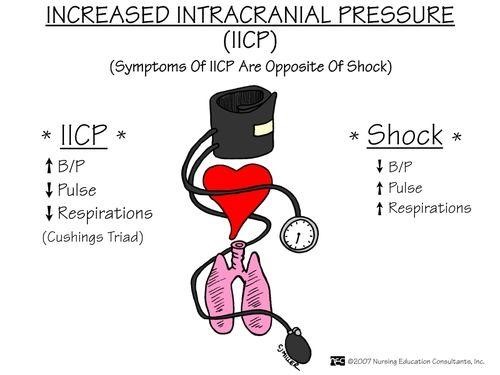An eight-year-old with nephrotic syndrome is pale, lethargic, and has ascites. To determine if the ascites is increasing, the nurse should (chose one best answer):
assess the bowel sounds
Frequently ambulate child
Weigh child weekly
monitor and measure the abdominal girth
The Correct Answer is D
A. Assess the bowel sounds:
Bowel sounds are not directly related to the assessment of ascites. Bowel sounds are more relevant in assessing gastrointestinal function and peristalsis. While bowel changes could potentially be a sign of complications, monitoring abdominal girth is more specific to tracking ascites.
B. Frequently ambulate child:
While ambulation is important for overall health, it's not a direct assessment method for monitoring ascites. Ambulating a child might have benefits, but it won't provide specific information about the presence or progression of ascites.
C. Weigh child weekly:
Weekly weighing can provide some information about overall fluid balance, but it might not be as sensitive as measuring abdominal girth when it comes to detecting changes in ascites. Additionally, monitoring weight alone might not give insight into the distribution of fluid in the abdominal cavity.
D. Monitor and measure the abdominal girth.
Explanation: The presence of ascites (accumulation of fluid in the abdominal cavity) in a child with nephrotic syndrome could indicate worsening kidney function and fluid balance. Monitoring and measuring the abdominal girth is a reliable way to assess changes in the amount of fluid accumulation over time. An increase in abdominal girth could suggest a worsening condition.
Nursing Test Bank
Naxlex Comprehensive Predictor Exams
Related Questions
Correct Answer is C
Explanation

Correct Answer is C
Explanation
A. Assume you made a mistake and report out the same head circumference as before.
Incorrect Explanation: Assuming a mistake without taking proper action might not be the best approach.
Explanation: While it's good to consider the possibility of human error, healthcare professionals should prioritize accurate measurements and follow appropriate protocols when discrepancies arise.
B. Take Vital Signs.
Incorrect Explanation: Taking vital signs might not directly address the concern about the head circumference measurement.
Explanation: Vital signs (like heart rate, respiratory rate, blood pressure) are important indicators of a patient's overall health, but they may not directly address the issue of the head circumference measurement discrepancy.
C. Report to the MD/NP/PA in charge of the patient the head circumference that you obtained as well as the patient's current status. Expect that they will also re-measure.
Correct Explanation: This is the best next step.
Explanation: When there's a discrepancy in a critical measurement like head circumference, it's important to communicate this to the responsible healthcare provider (MD/NP/PA). They need to be aware of any changes in the patient's condition and measurements, and they will likely want to re-measure or reassess the situation themselves to ensure accuracy.
D. Move your measuring tape to above the mid-forehead, so that your number matches the findings from the week before.
Incorrect Explanation: Fudging measurements to match previous data is not a professional or ethical approach.
Explanation: Altering measurements to match previous values, especially without proper indication, is not a responsible practice in healthcare. It's essential to ensure accurate and honest documentation.
Whether you are a student looking to ace your exams or a practicing nurse seeking to enhance your expertise , our nursing education contents will empower you with the confidence and competence to make a difference in the lives of patients and become a respected leader in the healthcare field.
Visit Naxlex, invest in your future and unlock endless possibilities with our unparalleled nursing education contents today
Report Wrong Answer on the Current Question
Do you disagree with the answer? If yes, what is your expected answer? Explain.
Kindly be descriptive with the issue you are facing.
